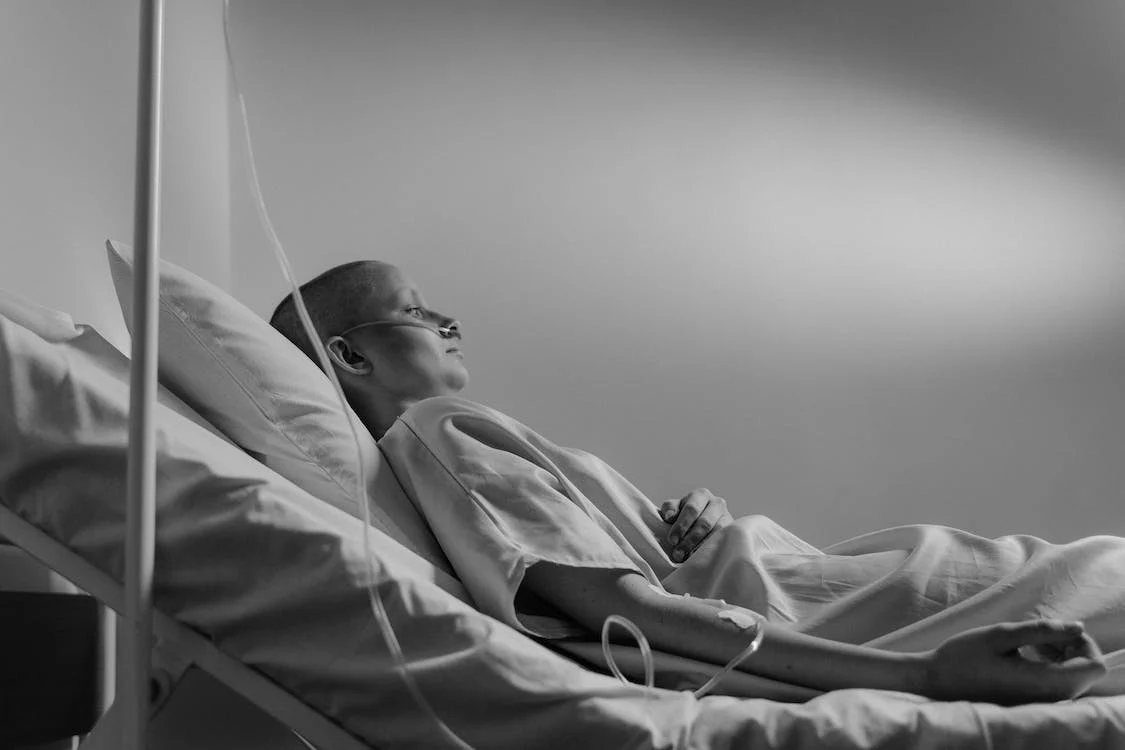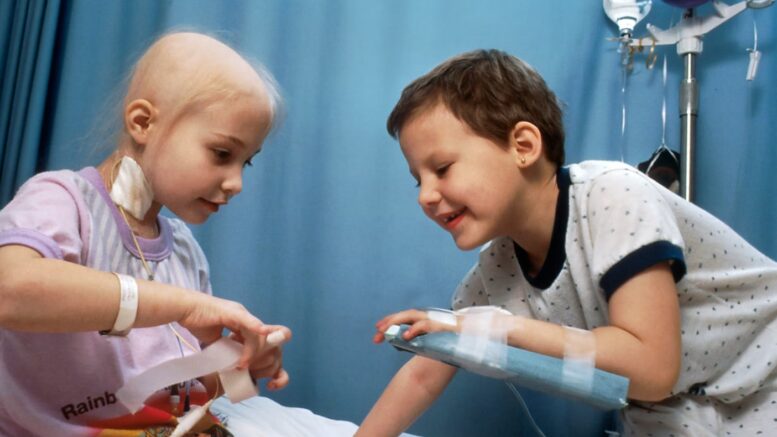A cancer diagnosis is often one of the most shocking pieces of news that a person can receive. It is a disease that has the power to overturn life as one knows it. A cancer diagnosis during childhood can be particularly devastating and affects not just the child but the entire family.
It is not uncommon to see drastic changes in the family structure following a cancer diagnosis. The stress and strain involved in caring for the child are immense, and parents and siblings can often feel overwhelmed about handling life during treatment and coping with the reality that, in some cases, a cure is unlikely.
About Cancer in Children
According to the World Health Organization, every year, about 400,000 individuals under the age of 19 are diagnosed with cancer. Certain types of cancer, such as leukemia, lymphomas, solid tumors, and brain cancers, seem to be the most common ones that affect children.
As is the case with most serious conditions, early detection is critical and can greatly increase the chance of survival. Data tells us that 80% of children diagnosed with cancer can be cured with proper treatment.
However, this process can be a long and traumatic experience, even for the wealthy who are able to afford what can sometimes be a financially expensive affair.
How Cancer Affects The Family Unit
The grief and helplessness that parents and family members experience can be tremendous. Unlike other conditions, cancer has a reputation for being one of the worst diseases to be diagnosed with. Families of children with cancer are often worried about the pain and complex treatment that their child will have to undergo.
The knowledge that it can be a fatal disease lingers in the back of people’s minds. And the fact that relapse can occur even after a cure has seemingly taken place makes the lives of family members an anxiety-filled nightmare.
Daily life and family dynamics are seriously affected, with siblings feeling neglected and resentful of the extra attention the sick child receives. The cost of treatment can cause families to feel frustrated and then guilty about the emotions they experience.
The overall feeling of hopelessness that stems from the situation is immense, and if the child passes, it is common for many families to never really recover from the loss.

What Sort of Help Makes a Difference?
The sort of help that families can benefit from varies depending on what stage the cancer is in.
In cases where the cancer is terminal or at an advanced stage, help is often found through therapy that focuses on aspects of grief counseling. Dealing with drastic changes like the loss of a child can be too much to bear alone. If, on the other hand, the cancer is still in its early stages, the following resources can help families out a lot:
Access to Information on New Treatments
No parent wants to give up on their child when they hear that new treatments are constantly being developed. While these options may not be able to cure the child instantly, they can be beneficial in other ways, such as causing lower pain and discomfort or increasing the life estimate by more years.
St. Jude Children’s Research Hospital is one institute that is known for conducting extensive and in-depth research on cancer in children. This research hospital has made a name for itself as a reputable source of information that families can rely on, along with its leading facilities.
Just recently, they translated “Together by St. Jude,” an educational resource on childhood cancer, now making it available in eleven languages. Hospitals like St. Jude often release information on experimental and new treatments that family members might find useful.
Access to Financial Assistance Options
Treatment of cancer can get quite expensive for a lot of families, with the average cost being about $150,000. While this number can vary depending on the type of cancer, it is not uncommon for families to struggle with huge debt, even after insurance takes care of things. Let’s not even go into what the situation is like for those without insurance.
A family that wants to try any new or experimental treatment has to be prepared to shell out even more.
Having access to resources that offer financial aid, especially for children, can make a world of difference. Organizations like CancerCare, for instance, have published a list of resources of organizations and institutes that offer financial assistance, travel assistance, scholarships, and general assistance. Such information can be life-changing for families.
Access to Mental Health Care
Being able to talk to someone during this trying time is something family members need but don’t often get. A cancer diagnosis impacts family dynamics in severe ways. It is easy for parents to forget that their other children also need attention and care.
The impact on siblings is well-researched. Consequences can be far-reaching and include poor performance at school, stress, and feelings of anger, along with guilt and abandonment. Parents have a moral obligation to ensure that their other children in the house aren’t neglected.
Parents also need to take care of themselves and ensure they have the strength to bear the emotional weight of the entire cancer treatment journey.
Access to mental health in the form of therapists experienced in counseling cancer-related dynamics is crucial.
